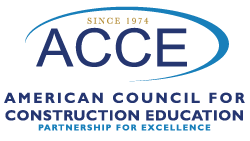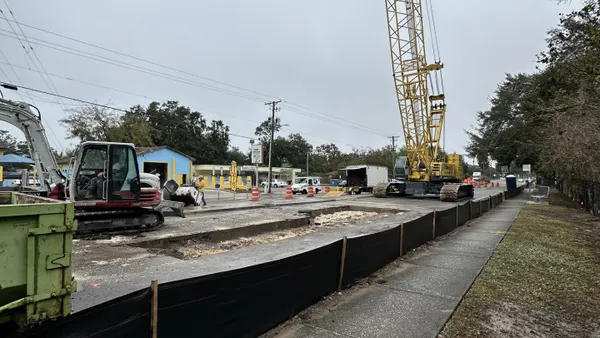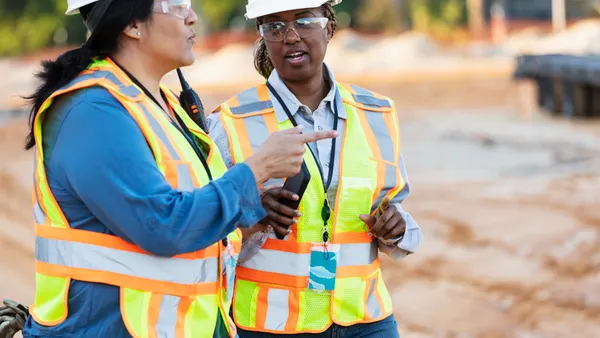Dive Brief:
- The U.S. Department of Transportation has officially withdrawn from the board overseeing the $24 billion Gateway Program, which aims to improve connectivity between New York and New Jersey, according to The Wall Street Journal.
- USDOT officials said in a letter to the Gateway Program Development Corporation (GPDC) that it is "not DOT standard practice" to hold such a position and that the agency wants to avoid the appearance of partiality because it deals with other local and regional projects across the country.
- The Gateway Program covers the construction of a new train tunnel under the Hudson River, repairs to an existing tunnel, the building of new bridges between New York and New Jersey and the expansion of New York City's Pennsylvania Station.
Dive Insight:
The existing rail tunnel under the Hudson River was flooded during Superstorm Sandy back in 2012, and the tunnel equipment continues to be eroded by the residue left behind. Gateway officials said it's critical that the new tunnel be operative as soon as possible in case one of the two tubes that make up the existing tunnel must be shut down.
At least one of the Gateway projects, however, is currently left in a funding lurch while the Trump administration decides on whether to move forward with a grant. The Portal Bridge, which spans the Hackensack River, is scheduled for replacement, but it is unclear whether it will receive an anticipated $750 million from the federal government, as the Trump administration put that particular funding program on the chopping block in its proposed 2018 budget.
The Port Authority of New York and New Jersey approved $300 million for the Portal project back in October, and recently the GPDC said it would consider alternate sources of financing, like public-private partnerships (P3s), for the Hudson River Tunnel and other projects. Gateway officials said they have already received interest from the private sector.
In the administration's latest budget proposal, the president indicated that projects of national and regional significance would be given priority when it comes to federal dollars, and it's hard to imagine that projects that ease travel along the Northeast Corridor wouldn't qualify under those guidelines.










